Bring the Middle East to Your Classroom
Home » Bring the Middle East to Your Classroom
Explore the daily lives of ordinary youths in the Middle East, North Africa, and throughout the Arab World through the Student to World series of free online courses.
Global Nomads Group’s unique youth-created courses address topics of universal appeal to students around the world – topics like the environment, women’s rights, and how industries like finance and architecture can promote social justice.
Course participants from around the world – including countries like Morocco, Tunisia, Egypt, and Jordan – exchange stories about their perspectives, communities, cultures and lived experiences. All of these stories are available in English, making them easily accessible to a global audience of students.
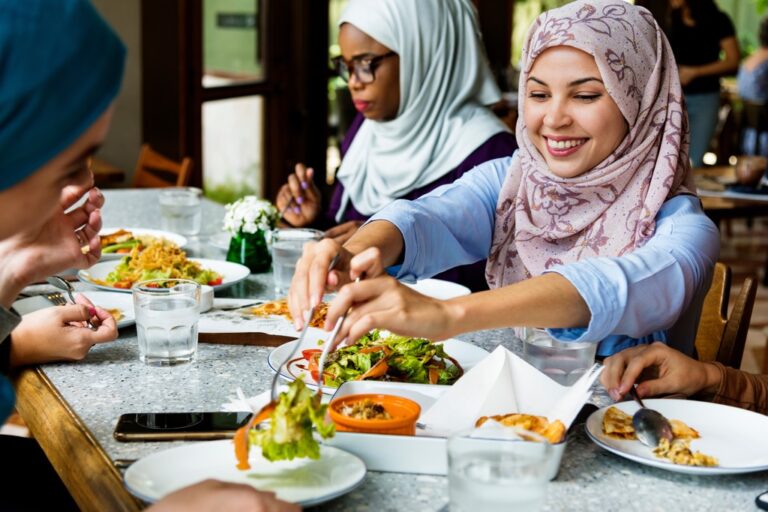
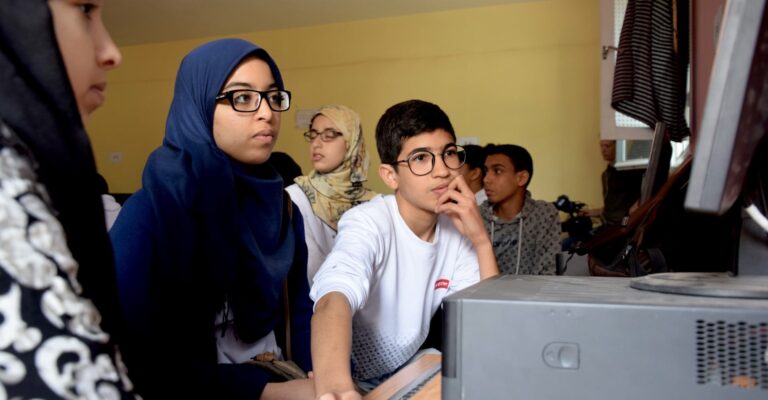
Each course provides a topic overview, introduces key concepts and vocabulary, and offers real, impactful stories from other youth course participants around the world.
Youth can enhance the story exchange by sharing their own experiences with their global peers.
These courses are ideal for in-person and virtual classrooms, adult-led youth groups, and individual learners ages 13 to 19.
Online facilitated events supplement the learning experience and allow youth to connect with their peers.
Real Stories From Real Students
Each Student to World course includes rich stories from youth participants around the world. Read them and contribute.
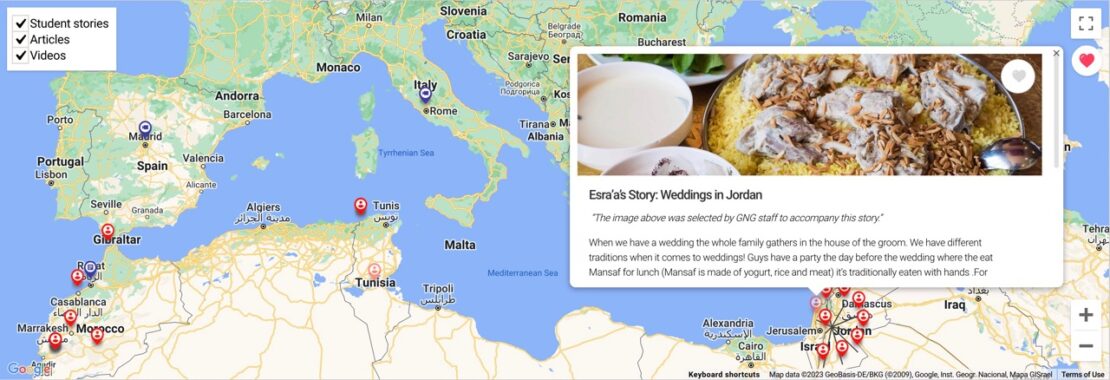
Ammar, a Youth from Jordan
“Last year, I met a new student in my school. He seemed very messy and poorly dressed. I thought he was such a bad, careless and messy person. Then I got to know him better from English classes. He turned out to be a very well mannered, kind, and humbled person. I came to know that he lives in a family, with poor life conditions and limited sources, and that he was putting in so much effort to ear money, in order to help his family with their financial problems. At the end of the day, we became friends, and we got closer and closer with time. I really regret judging him without getting to know him better, that is why I will never do the same mistake again.”
Maryam, a Youth from Iraq
“When I was a young, my father was very obsessed with listening to music, even he used to play a musical instrument calling the oud, and I used to sit with him to listen to wonderful tune. I inherited the passion for music from my father. Music was taking me on a journey through time to different places that I only visit in my mind. It makes me happier, like a dose of both mental and physical comfortable. Is the only language in the world that is understood through hearing without indoctrination or educationI it calms and soothes the soul and helps to relax. Hearing music expresses emotions and feelings that language cannot express.
Saamia, a Youth from Saudi Arabia
“Nelson Mandela once said, ‘To deny people their human rights is to challenge their very humanity.’ Over the past week, I was able to drink clean water, eat food, practice my religion freely, and express my opinions. Even though we overlook these tiny actions, they actually are very important. This is because they represent our human rights. Since the day I was born, I had the right to adequate standard of living since I have shelter and all the basic necessities. I also had the right to acquire education. I went to school regularly. When I twisted my ankle and got hurt, I had the right to receive healthcare. . . . These are some of the many human rights that everyone has.”
Designed by students for students
Each Student to World course is a product of Global Nomads Group’s unique Content Creation Lab, a virtual internship program that brings together youth leaders from around the world. Working under the guidance of subject matter experts, these participants study, synthesize information, and create age-appropriate content for their peers.
Chief of Programs and Learning Sandra Stein, Ph.D., describes the Content Creation Lab process.
Courses that Inform, Inspire, and Empower
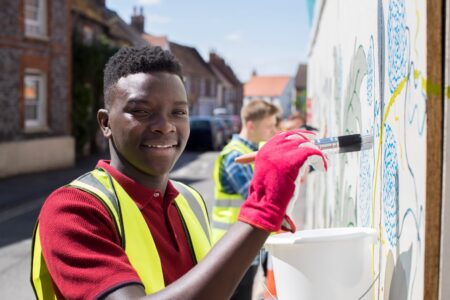
Art in Action
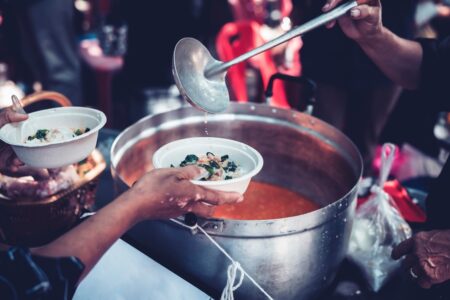
Global Hunger
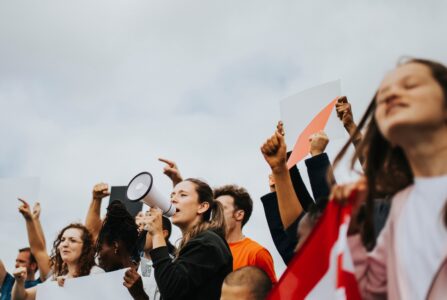
Human Rights
![A teenage girl with light brown skin wearing a pink and white shirt. She is standing in front of a desk, holding a notepad and pen while looking upward to the left. Behind her is a chalkboard with a Monday to Friday schedule noting tests and Skype sessions.]](https://www.gng.org/wp-content/uploads/2022/09/pexels-julia-m-cameron-4143801-2048x1367-1-300x200.jpeg)
Mental Health

Ocean Health

Overcoming Bias
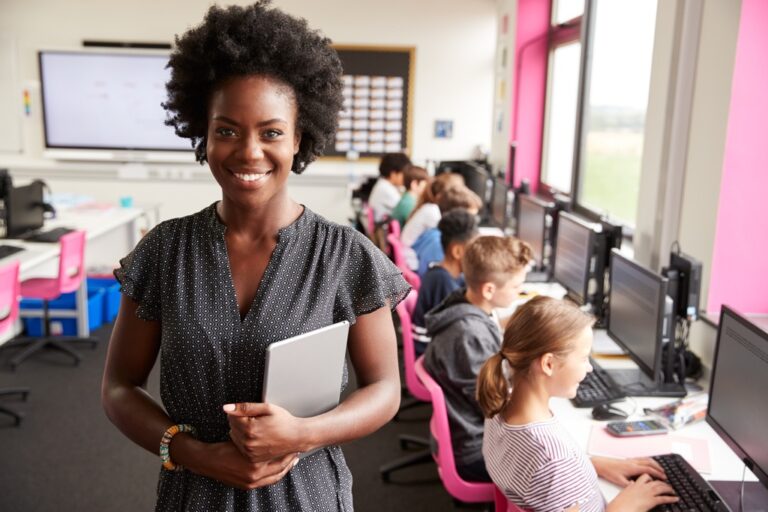
Learning goals & standards alignments
Each course includes interactive learning lessons with clear learning goals as well as alignments to recognized international educational standards like the United Nations Sustainable Development Goals, Asia Society Global Competencies, 21st Century Skills, and CASEL Social & Emotional Learning (links open in new tabs).
“Student to World is successful in building students’ global awareness, 21st Century Skill of communication & collaboration, action-orientation, and empathy.”
– Cogent Evaluation, Program Evaluation (2020)
A comprehensive evaluation of student surveys and student stories by Cogent Evaluation found that the Student to World program successfully builds empathy, increases global awareness, promotes collaboration, and improves communications skills.
Text + Video Formats
Each Student to World course includes both text-based and video-based formats.
Text-based courses are available in English, Arabic, and a growing number of languages.
Video-based courses include American Sign Language interpretation as well as closed captioning in English and Arabic.
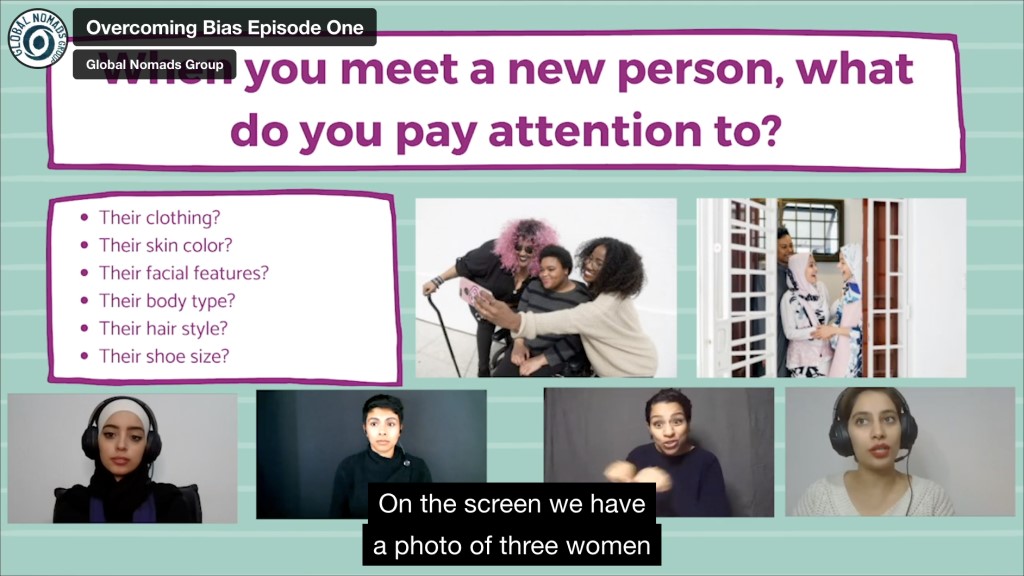
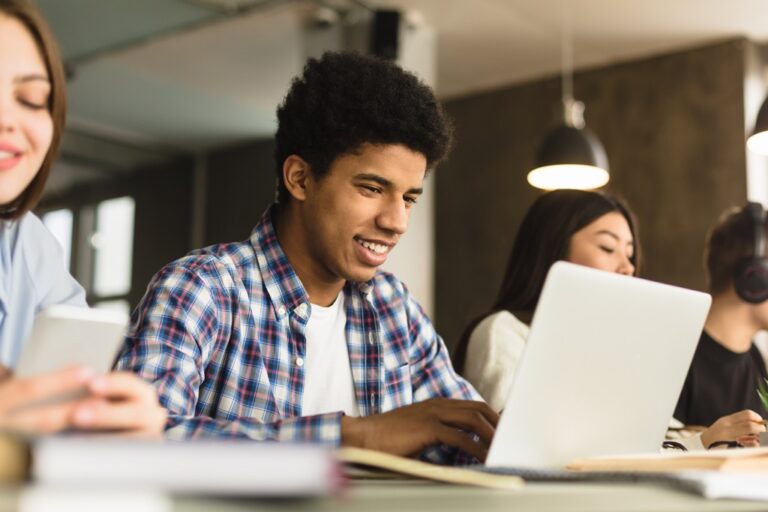
Privacy, inclusion, safety, and accessibility
Global Nomads Group honors our participants’ privacy, safety, and ability to participate.
All course content is designed to be accessible to a wide range of participants by using alternative text for images and closed captioning and American Sign Language interpretations for videos.
Review our website to learn more about how we protect the privacy of our educators and youth participants, promote an inclusive environment, and strive to make our products accessible to all.
Register
Teachers, Educators, & Leaders
Create an account and invite students or youth participants.
Students
If your teacher or group facilitator gave you a code.
Independent Learners
Take a course on your own.
Already have an account?
25 Years of Inspiring Youth Action
Since 1998, Global Nomads Group has offered young people safe online spaces through which to express themselves, share their stories, and connect with peers through youth-created online courses, content creation internships, discussion platforms, and virtual events for young people worldwide.
Global Nomads Group is a 501(c)3 nonprofit organization. All Global Nomads Group courses, internships, events, and conversations are free of charge thanks to the support of our generous donors.

